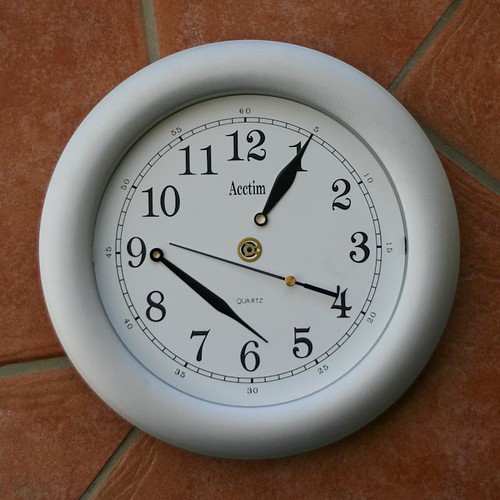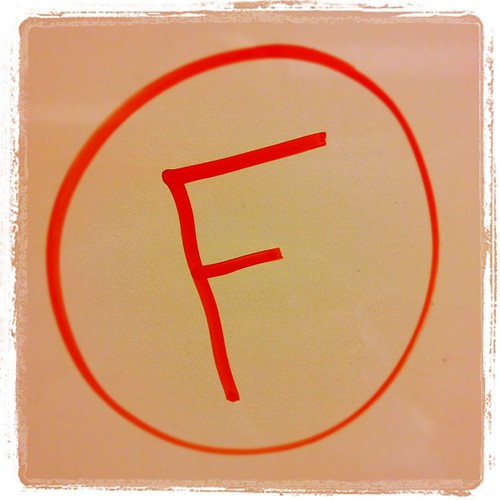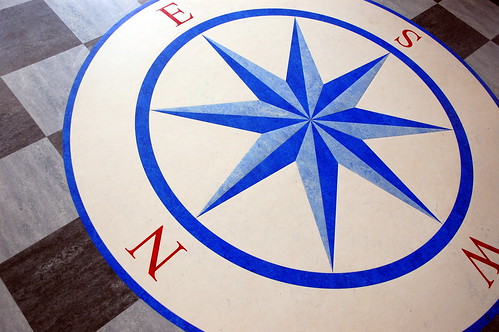This post has been cross-posted from Balancing Jane.
I love to write, and I have been doing it for as long as I can remember. When I was in elementary school, I used to scribble stories on napkins. When I was in middle school, I kept hundreds of pages of angst-filled journals. In high school, I hid in the back of math class and wrote poems in the margins of my notebook (I still studied for math; don't yell at me, math teachers). Writing has always been something that I just
do. Sometimes I get the urge to write and literally cannot sleep until I get up and do it. I've learned not to fight it.
But my students don't always feel that way. Some of them do. In fact, I am always blown away by at least one or two students every class who just clearly
love writing and have a very clear talent for seeing the world through a creative and unique perspective. They are a joy to teach.
But so are the ones who hate writing, and there are a lot of them. See, I teach developmental writing, so my students have often been told (or have told themselves) that they "can't" write. They sometimes hide behind that "can't" to protect themselves from the sting of failure. If they don't believe they can do it, an F on a paper isn't a big deal. More often, though, that "can't" isn't just a shield; it's a block. It stands in the way of everything else they will do in my class.
I give them analogies, of course. I tell them that too many people treat writing as a one-shot thing. It's like they decided to try being basketball players without practicing, walked onto a court for the first time, picked up a ball, shot it from half court, missed, and said "Oh, I guess I can't play basketball."
























